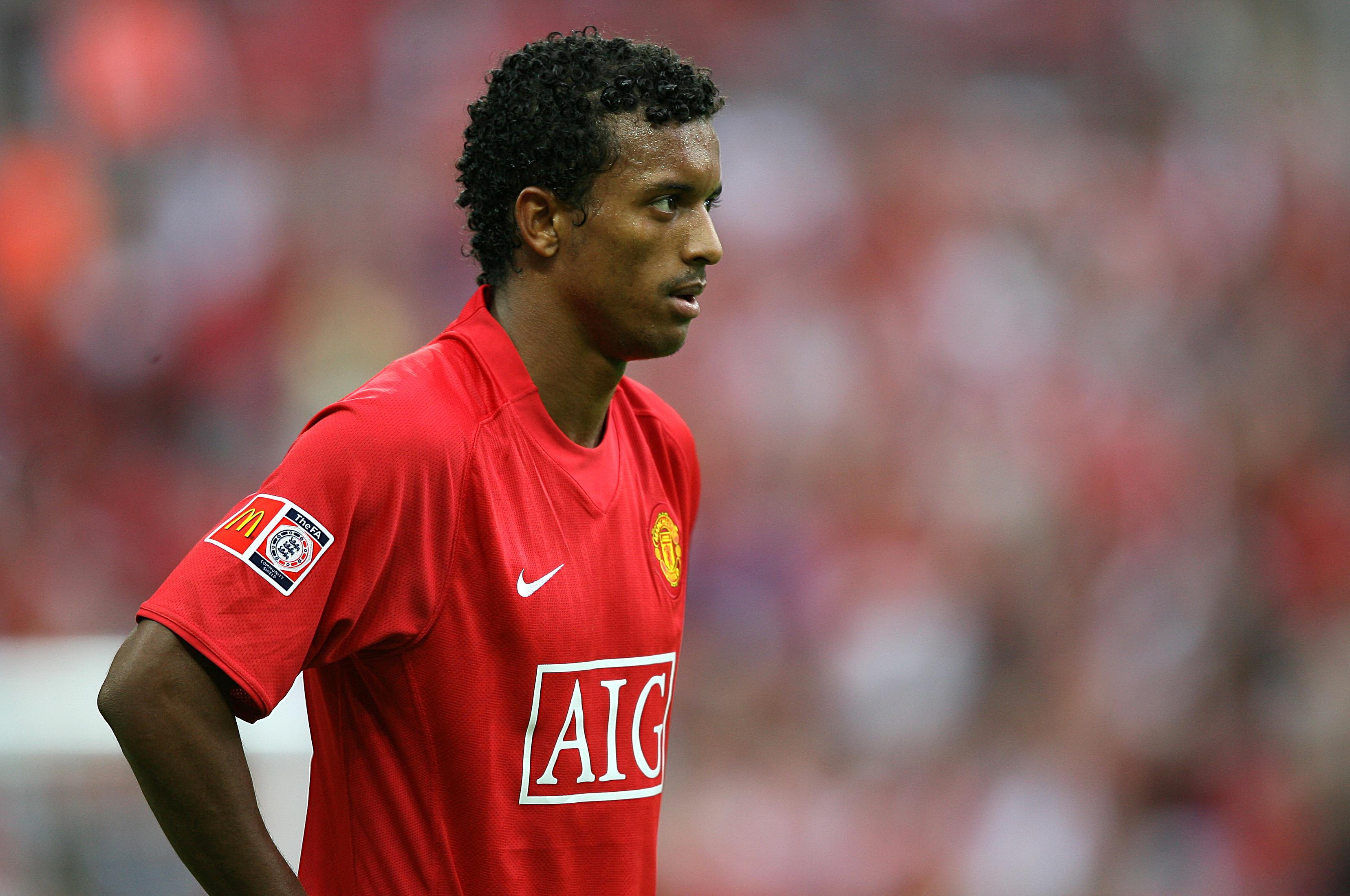Sarina Wiegman hopes England team will be more racially diverse in future

The best features, fun and footballing quizzes, straight to your inbox every week.
You are now subscribed
Your newsletter sign-up was successful
Want to add more newsletters?

Five times a week
FourFourTwo Daily
Fantastic football content straight to your inbox! From the latest transfer news, quizzes, videos, features and interviews with the biggest names in the game, plus lots more.

Once a week
...And it’s LIVE!
Sign up to our FREE live football newsletter, tracking all of the biggest games available to watch on the device of your choice. Never miss a kick-off!
Join the club
Get full access to premium articles, exclusive features and a growing list of member rewards.
Sarina Wiegman hopes the England team will be more racially diverse in the longer term.
Former Lionesses defender Anita Asante believes the pathway into the elite women’s game has to be reformed to achieve greater diversity, with just three of the 23 members of Wiegman’s Euro 2022 squad from black, Asian or mixed heritage backgrounds.
Writing in The Guardian, Asante said: “Young girls who cannot see anyone who looks like they do lack heroines to emulate – and that matters.”

She called for a more imaginative approach to scouting in urban and inner-city areas, and for more resources to be assigned to the scouting network in the women’s game.
She also highlighted the problem around the often suburban location of club training grounds, which she said can make access more difficult for black and white children from working-class backgrounds.
Asante, who on Tuesday was named as first-team coach at Bristol City, was at pains to point out that her comments were not intended as a criticism of Wiegman or her squad, who face Spain in a Euro 2022 quarter-final in Brighton on Wednesday night.
The former Netherlands coach, speaking ahead of that match, said she hoped that a more diverse talent pool would be available in the future.
The best features, fun and footballing quizzes, straight to your inbox every week.
“I think football needs inclusion and diversity,” Wiegman said.

“So absolutely, everyone who wants to be involved in football, in whatever position, play the game or do something else, should be welcome. I know the FA has set strategies in place to empower that, to get more diversity in the game, so that’s something for the longer term.
“So I hope in the longer term we get more diversity, also in the national team.
“I think for now, for me I don’t care whether someone is black, white, everyone knows that – I just pick the players that I think are the best to perform at the best level. That’s short term, but hopefully in the future there is more diversity.”
Captain Leah Williamson later added: “It’s definitely something that’s a priority for them (the Football Association) and there are things in place now, we’re on the right path to making it not only a priority but ready for those young girls.
“This tournament is going to do such a good job in inspiring so many, and nobody should be denied the opportunity to then be involved. I think that’s really important, it’s something we feel passionately about and luckily so do the FA.
“It’s on the agenda, it’s a priority and definitely something we hope to see the effects of in the future.”
In May the FA announced plans, supported by the Premier League, designed to create a wider and more diverse talent pool for the women’s game, with better accessibility among five identified areas of improvement.
There is to be a wider national network of what will be called Emerging Talent Centres for girls aged eight to 16, and the FA’s director of women’s football Baroness Sue Campbell has expressed her confidence that the plans and the ‘Discover My Talent’ project launched last summer will help create a “significant shift” in terms of diversity at the top end of the English women’s game.

The Professional Footballers’ Association has launched the ‘See It Achieve It’ campaign spearheaded by former Liverpool, Everton, Notts County and Brighton player Fern Whelan.
The aim of it is to create a network for current Women’s Super League players from ethnic minority backgrounds, in which they will receive peer-to-peer mentoring and be given bespoke support, and it says increasing the visibility of diverse role models is a primary goal.
The union says there are 29 black, Asian or mixed heritage players out of 300 in the WSL.
The PFA is also implementing a three-year strategy to improve diversity levels within the entire women’s football pyramid.
 Join The Club
Join The Club










